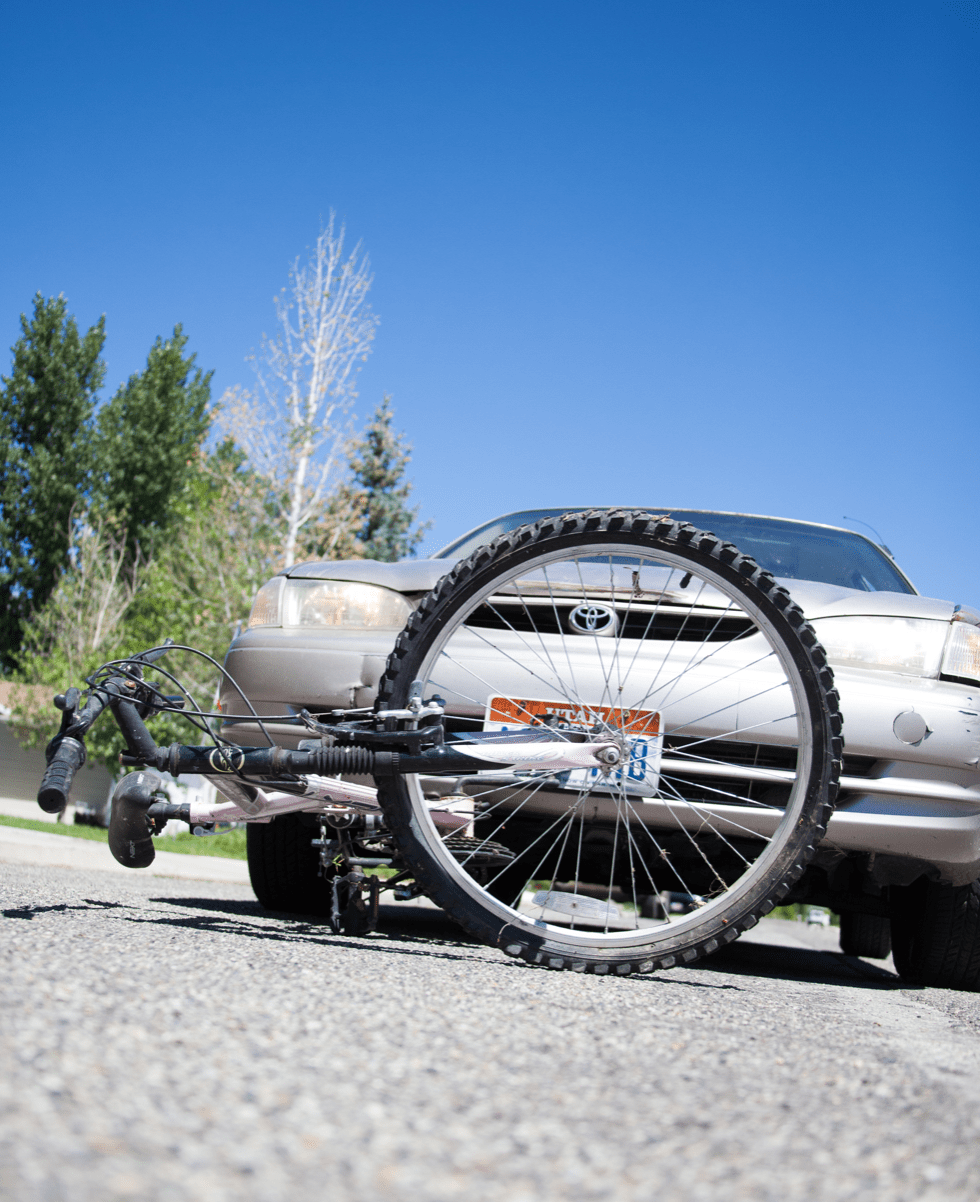Different personal injury lawsuits take different times to get a settlement.
Sustaining major or minor injuries in an accident can be devastating. For example, it causes you to take time off work and incur expensive medical bills. Unfortunately, most people do not know the steps to fight for their rights in personal injury cases and have a comfortable recovery.
Each personal injury case is different. However, clients have numerous questions related to all situations. Listed below are the ten major ones.
1. Which is the Right Process for making a Personal Injury Claim?
A personal injury case starts when the accident victim files a complaint and summons to the appropriate court. The complaint should outline all the grounds and demands for recovery.
The court clerk accepts the filling and gives you filing document copies. You can give the defendant a copy.
2. What should I do after the Personal Injury Accident?
Your responsibility immediately after the accident is to collect evidence that will support your case. This includes taking pictures of the injuries, visiting a doctor, attending follow-up appointments, outlining the events that led to the accident, and listing their witnesses and contact information.
3. Should I Hire a Lawyer?
Yes, hiring a lawyer to represent you in the personal injury case as soon as possible is the best decision. These experts will help you collect the evidence, including 911 recordings, photos, and videos before it disappears.
Furthermore, they will assist you in filing the necessary written documents on time to protect you from losing the right to file a lawsuit. Personal injury victims should know that they can get compensation with a Birmingham personal injury lawyer from Morris Bart. An attorney will manage the paperwork necessary for the legal process, hire accident reconstruction engineers, depose witnesses, have medical experts testify on your behalf, and negotiate a fair settlement with the defendant’s insurer or lawyer. If the negotiations fail, your lawyer will also represent you in court.
4. How Much Will the Personal Injury Attorney Cost?

Different lawyers charge differently for personal injury cases. The cost of their services depends on their experience and the approximate value of the settlement you receive. It is best to seek a law firm working on contingency, so you don’t pay any money upfront.
5. How do I know Whether I Have a Case?
During the consultation sessions, your personal injury attorney will help you determine if you have a case or not. He will also talk to you about the kind of compensation you should expect from the defendant.
6. Do I have to Sue?
Your attorney will guide you on the best action. Some clients choose to handle the issue outside court, especially when the insurance company settles their claim.
7. What can I (the Plaintiff) Do to Help My Case?
The client should start by hiring a personal injury attorney as soon as possible. This allows the expert to begin investigating the case, preserving evidence, and fighting for your rights. You should also present all the facts to your lawyer. Accurate information enables them to prepare adequately for the case and analyze the issue accurately.
8. What is My Case Worth?
The court determines the value of a case based on two factors.
- Doctors’ information after diagnosing the injuries and determining whether the accident caused a permanent problem or not.
- The investigative team’s conclusion after evaluating the events that led to the injury and the evidence’s quality and quantity.
9. How Long Will My Case Take?
Different personal injury lawsuits take different times to get a settlement. The time taken to resolve the cases depends on various factors, such as the quality of evidence, severity of the injuries, parties involved, and deadlines the court sets.
This means that you can have the resolution after weeks or even years. Ensure that you find an experienced lawyer willing to move your case fast without compromising the potential to achieve the best results.
10. What if I (the Client) am at Fault for My Injuries?
Ensure that you communicate with your lawyer if you think you are partially responsible for the injuries or accident. Depending on the state laws, the court will determine the fault to assign you.
Bottom Line
In summary, it is normal to have questions after getting injured in an accident. Unfortunately, most people do not know how personal injury claims work or what they should do to protect their rights. The above personal injury guide provides details of the questions that clients ask frequently.


Join the conversation!